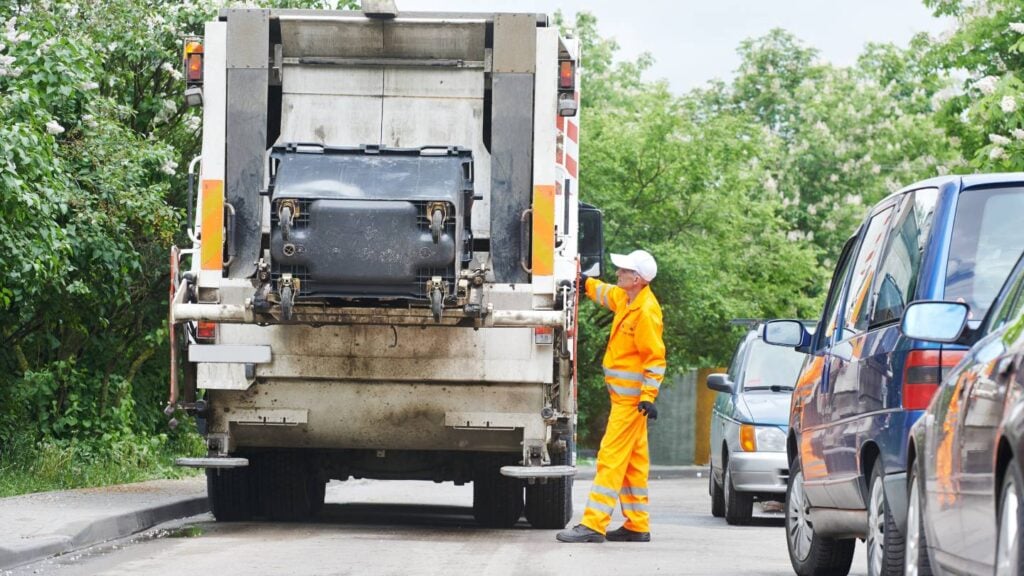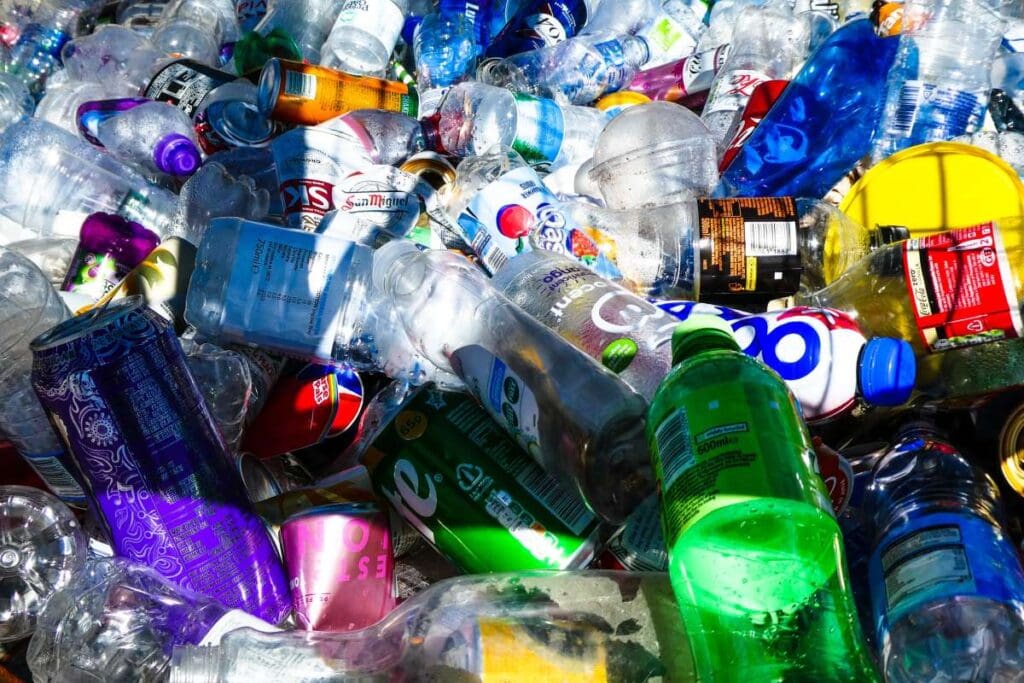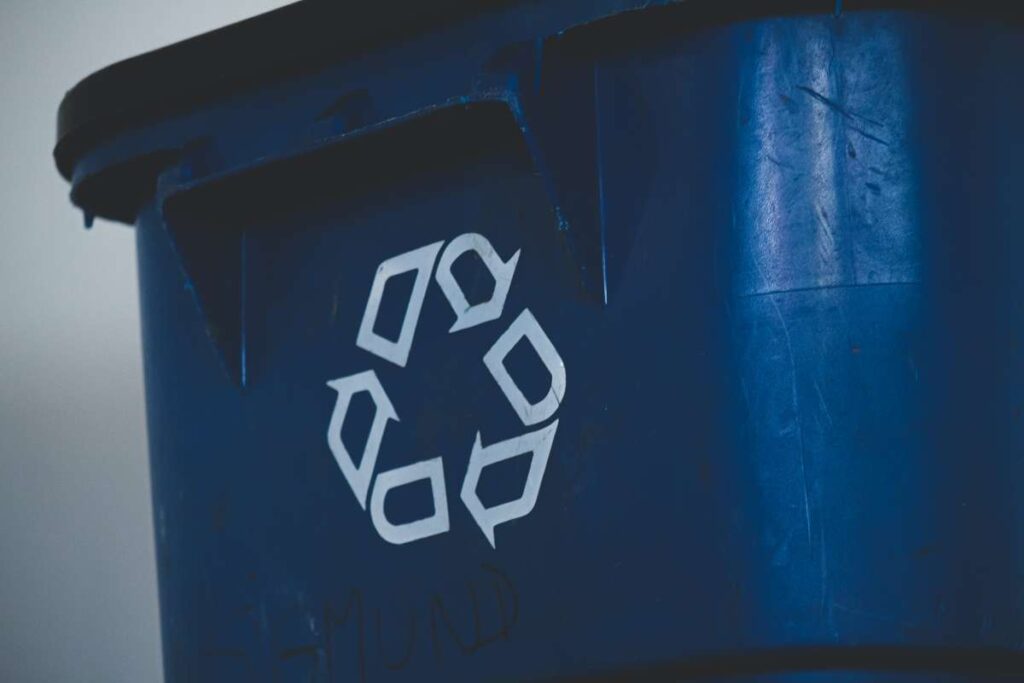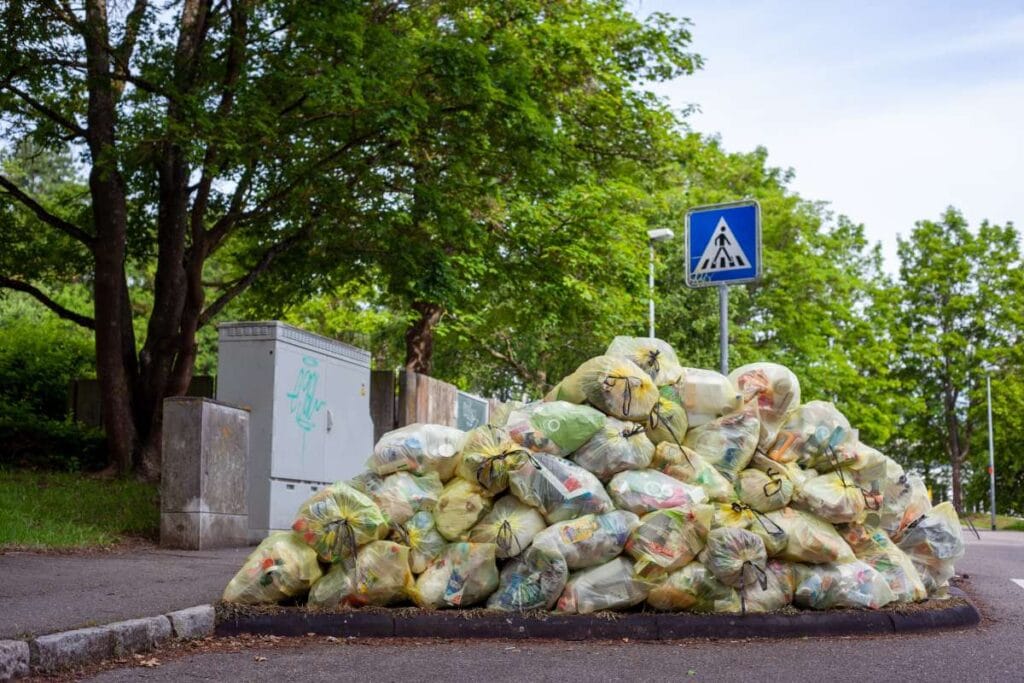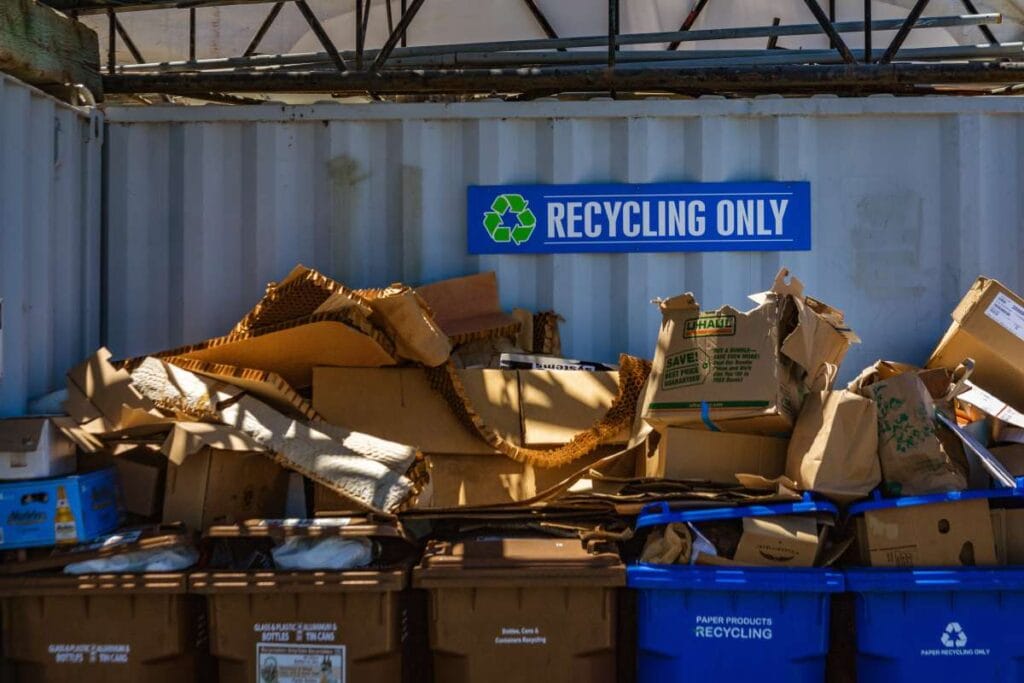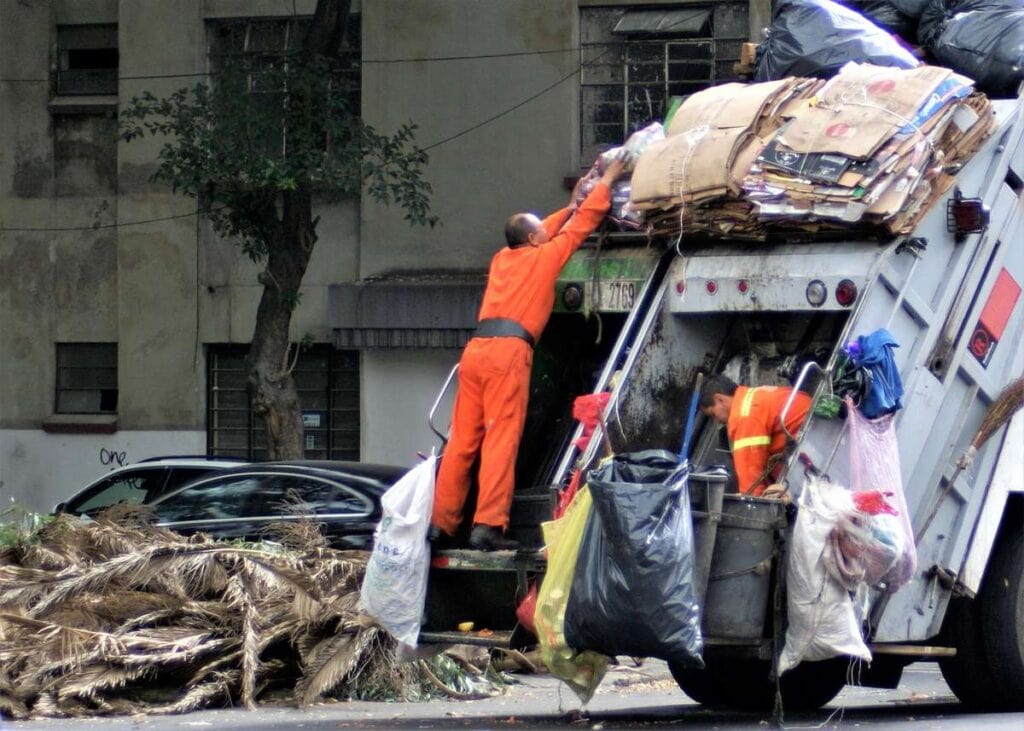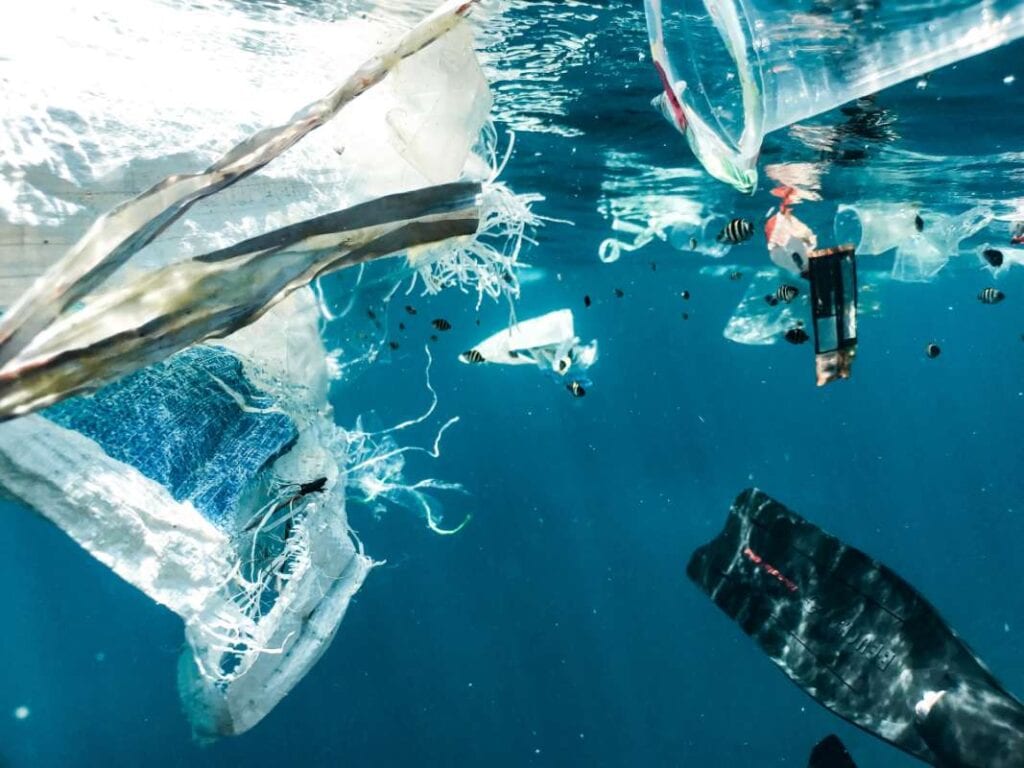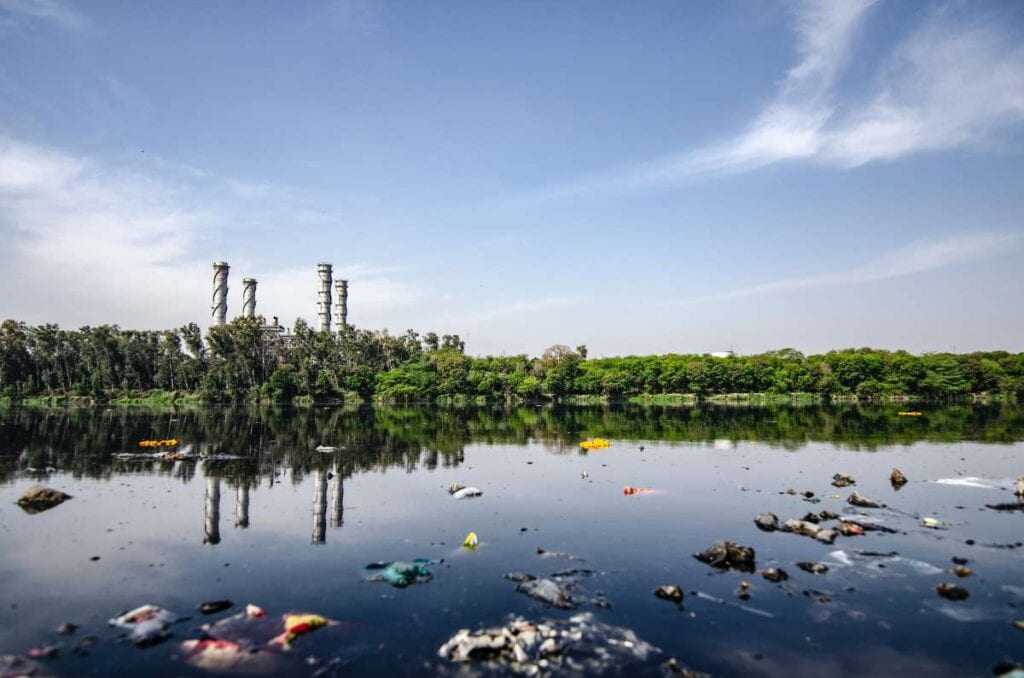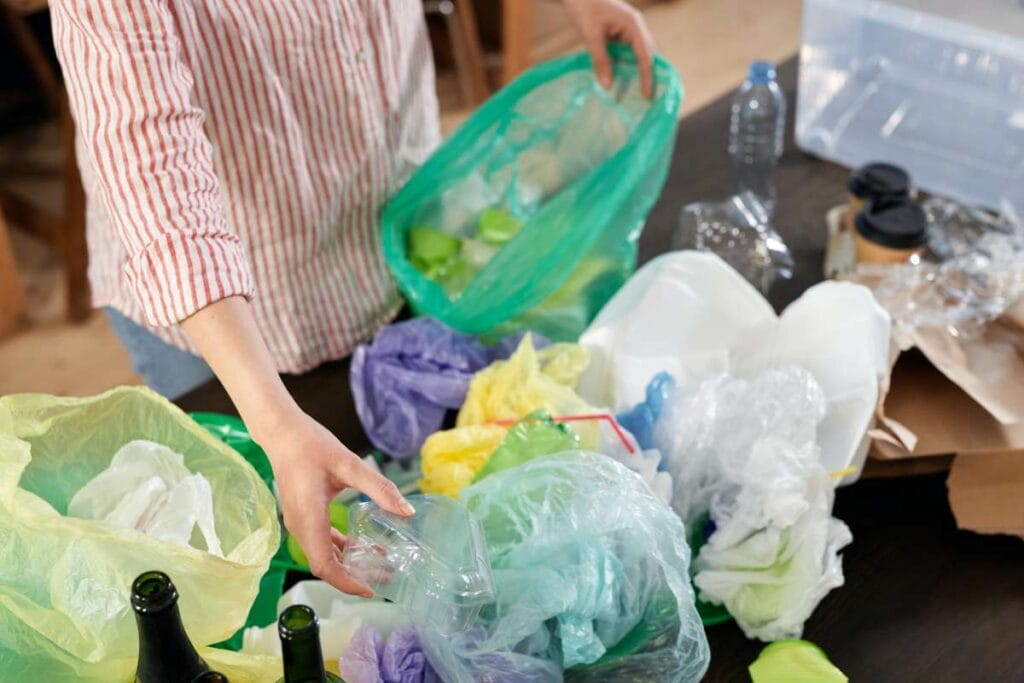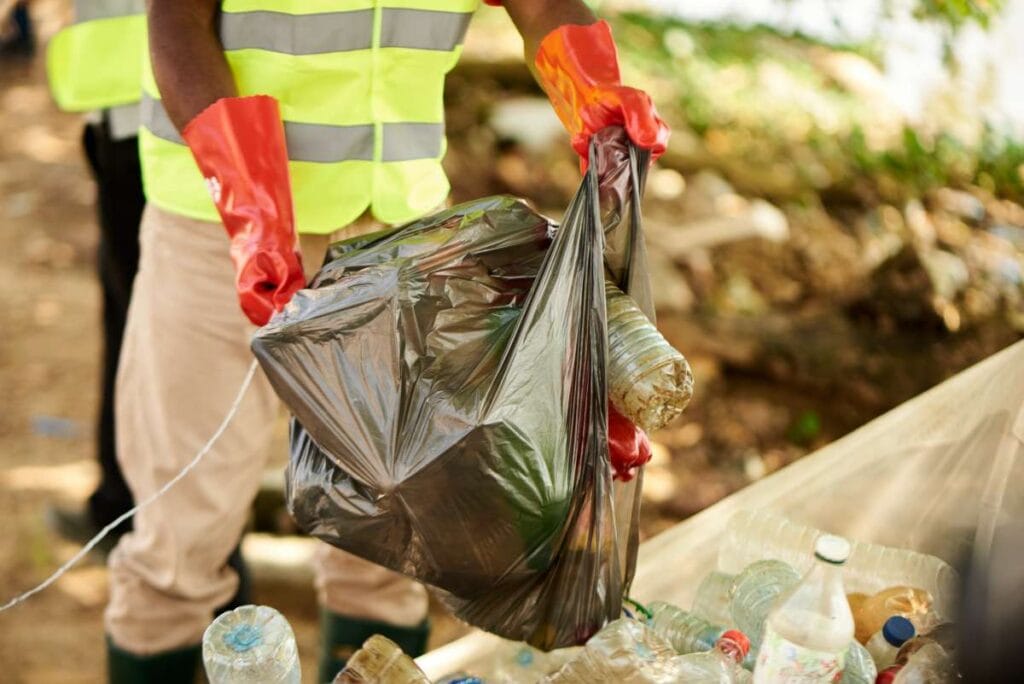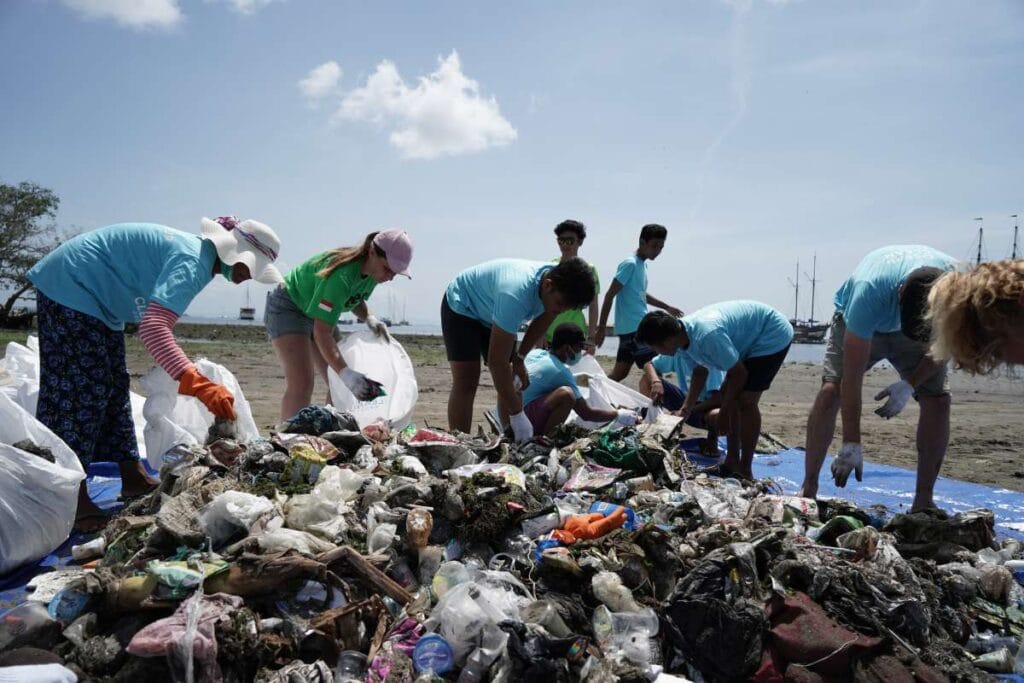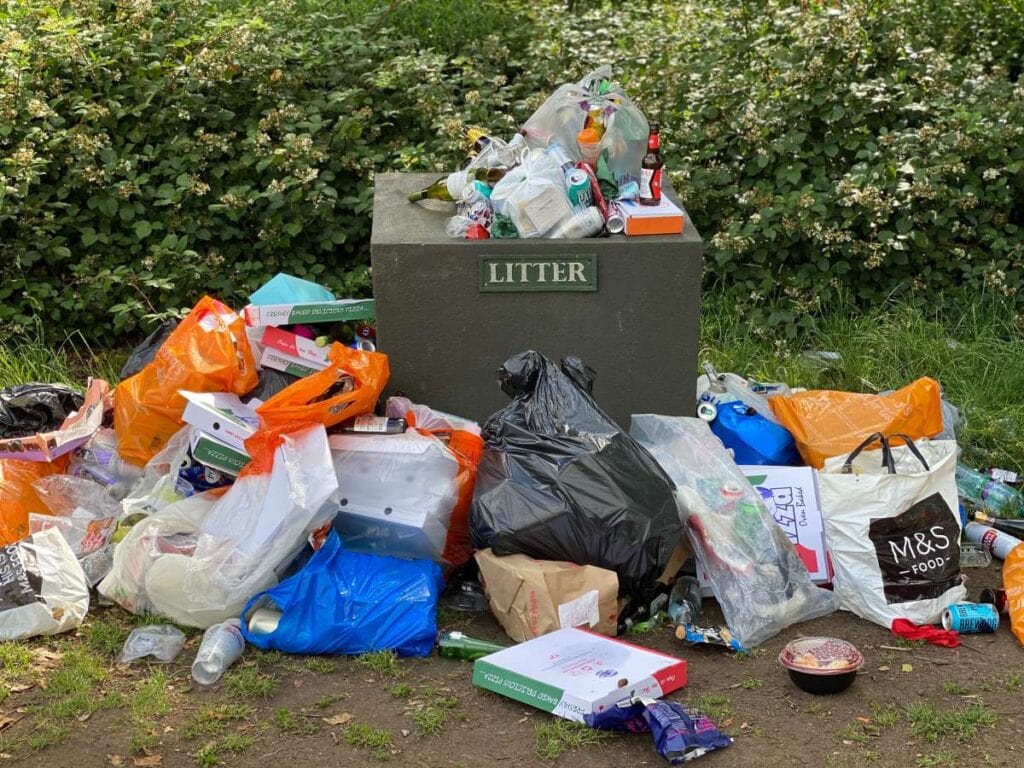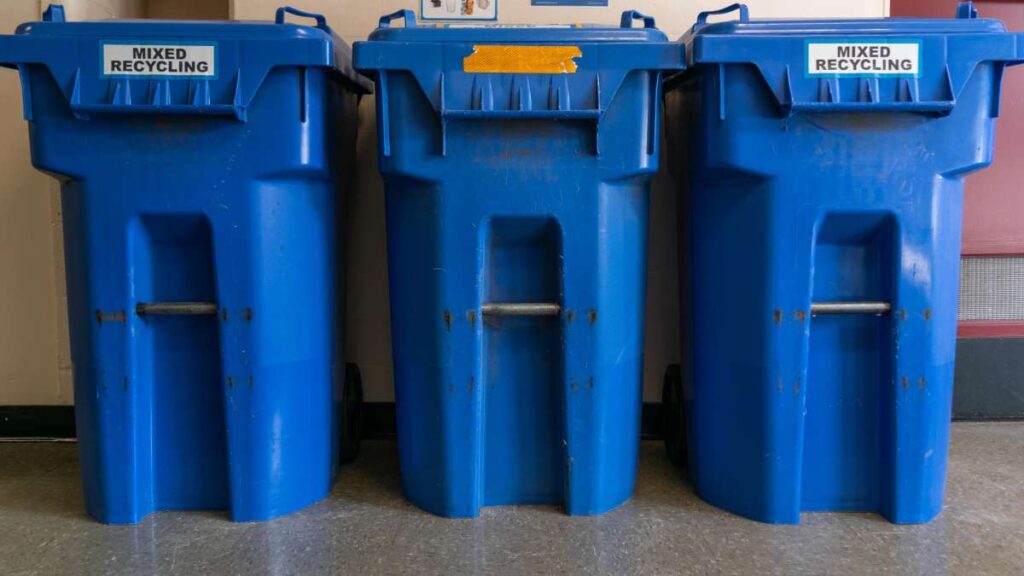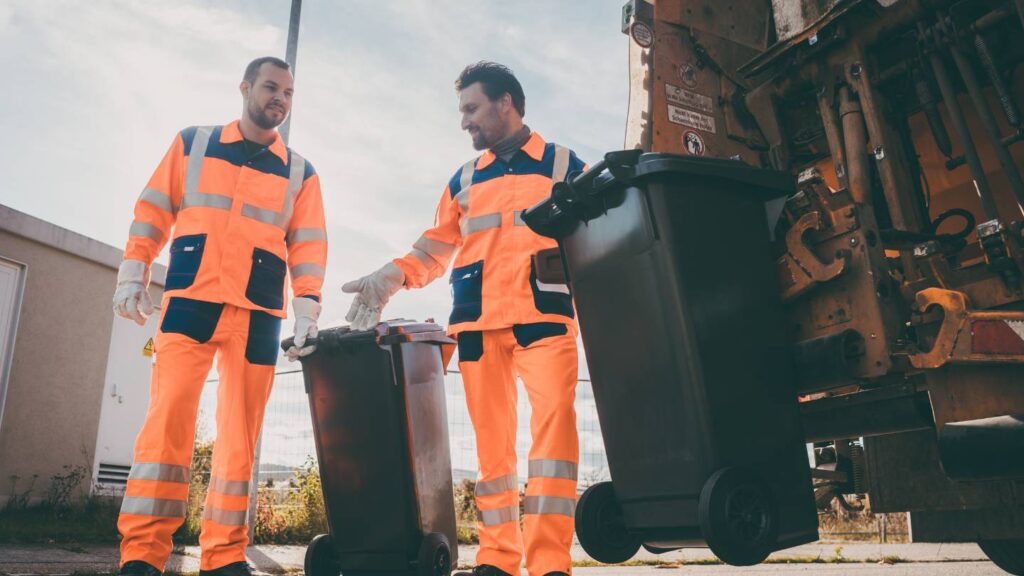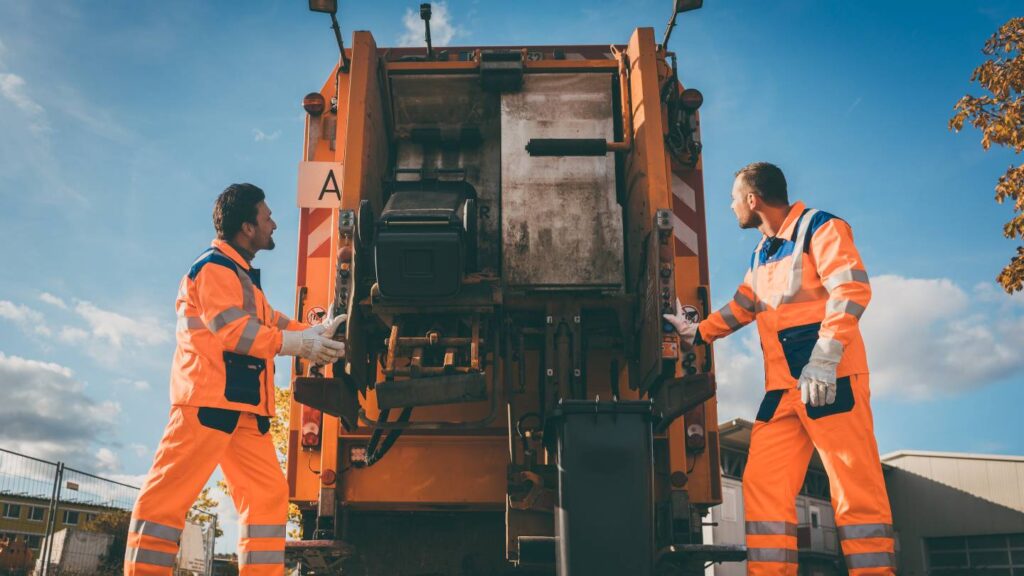Businesses can benefit from customers' preferences for brands with a history of social responsibility, especially in environmental responsibility, because these customers are more likely to support and patronise these businesses. According to studies, 80% of buyers are likelier to back businesses and products with a track record of being environmentally responsible.
To build an environmentally friendly company, you must begin with your employees. To ensure the long-term viability of your sustainability mission, your employees must buy into your vision and adopt eco-friendly practices at work.
Your business can lessen its influence on the environment and its carbon footprint by implementing several easily available and inexpensive strategies. To promote an ecologically conscious work environment for your staff daily, here are ten sustainable activities you may execute.
Waste Audits and Assessments
One of the initial steps professional waste disposal services take is conducting comprehensive waste audits and assessments. These evaluations help identify the types and quantities of waste a particular entity generates. By understanding the composition of the waste stream, these services can tailor their disposal strategies to maximise recycling and minimise environmental impact.
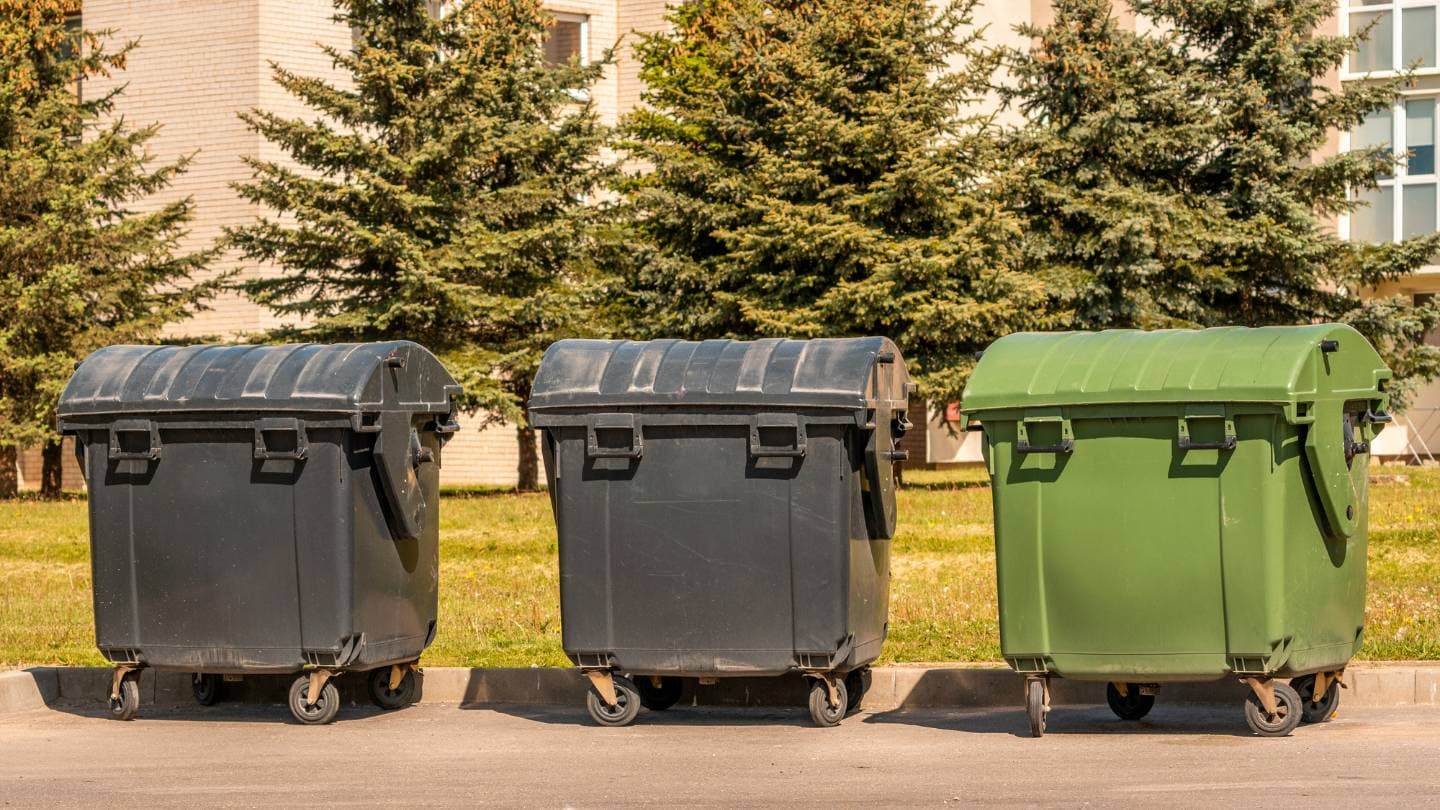
Strategic Identification
Waste audits enable services to strategically identify and categorise the various types of waste the entity produces. This includes solid waste, recyclables, organic waste, and potentially hazardous materials. This granular identification lays the groundwork for tailored disposal strategies.
Quantitative Assessment
Through quantitative assessments, waste disposal services gain insights into the volumes of different waste categories. This data-driven approach helps formulate precise and efficient disposal plans, optimise resource allocation and minimise unnecessary costs.
Understanding Waste Composition
By delving into the composition of the waste stream, services can decipher the materials that dominate the organisation's discards. This understanding is pivotal for designing disposal strategies prioritising the recovery and recycling of highly environmental-impact materials.
Tailoring Disposal Strategies
With a comprehensive understanding of the waste stream, professional services can tailor their disposal strategies. This customisation ensures that the chosen methods align with the specific characteristics of the waste generated, maximising recycling opportunities and minimising the environmental footprint.
Efficiency Enhancement
Waste audits pave the way for increased operational efficiency. The targeted approach enables services to streamline waste management processes, reducing inefficiencies and optimising resource utilisation.
Cost Reduction
Tailoring disposal strategies based on waste audit findings contributes to cost reduction. By focusing on the most prevalent and impactful waste types, services can allocate resources more efficiently, resulting in financial savings for their clients.
Environmental Impact Mitigation
The ultimate goal of waste audits is to minimise the environmental impact of waste disposal. Understanding the composition of the waste stream allows services to implement measures that prioritise sustainable practices, reducing the overall ecological footprint.
Customised Waste Management Plans
With the insights gained from waste audits, professional services develop customised waste management plans for their clients. These plans are designed to address each organisation's specific needs and challenges. By tailoring strategies to the unique characteristics of the waste generated, these plans enhance the efficiency of waste disposal processes while minimising costs.
Promotion of Recycling Practices
Responsible waste disposal goes hand-in-hand with promoting recycling practices. Professional waste disposal services encourage clients to adopt recycling initiatives within their organisations. This involves setting up recycling stations, educating employees on proper recycling procedures, and establishing partnerships with recycling facilities to ensure that recyclable materials are diverted from landfills.
Setting up Recycling Stations
- Strategic Placement: Waste disposal services strategically place recycling stations within the client's facilities. These stations serve as convenient collection points for recyclable materials, making it easy for employees to participate in recycling efforts.
- Customised Solutions: Recycling stations are tailored to each organisation's specific needs and layout. Customisation ensures maximum recyclable collection efficiency and facilitates seamless integration into existing waste management systems.
Employee Education on Proper Recycling Procedures
- Awareness Campaigns: Waste disposal services conduct educational campaigns to raise employees' awareness of the importance of proper recycling. These campaigns highlight the environmental benefits of recycling and provide practical information on sorting recyclables.
- Training Programs: Specialised training programs are implemented to ensure that employees understand and follow proper recycling procedures. This includes guidance on segregating materials, using designated bins, and avoiding contamination of recyclable streams.
Establishing Partnerships with Recycling Facilities
- Collaborative Alliances: Waste disposal services forge strategic partnerships with recycling facilities. These collaborations create a closed-loop system where recyclable materials collected from clients are efficiently transported to recycling facilities.
- Streamlined Logistics: By establishing direct partnerships, services streamline the logistics of transporting recyclables, reducing the environmental impact associated with transportation. This ensures that materials are diverted from landfills and directed towards recycling processes.
Monitoring and Reporting
- Data-driven Insights: Professional services leverage monitoring systems to track the volume and types of materials collected for recycling. This data-driven approach provides insights into the effectiveness of recycling initiatives and helps optimise collection strategies.
- Regular Reporting: Transparent communication is maintained through regular reporting mechanisms. Clients receive updates on the quantity of materials recycled, emphasising the positive environmental impact of their participation in recycling programs.
Continuous Improvement Strategies
- Feedback Mechanisms: Waste disposal services actively seek feedback from clients and employees to identify areas for improvement in recycling practices. This continuous feedback loop ensures that recycling initiatives evolve with the organisation's changing needs and challenges.
- Innovative Solutions: Services explore and implement innovative solutions to stay at the forefront of recycling practices. This may involve introducing new recycling technologies, improving waste segregation methods, or incorporating emerging trends in sustainable waste management.
Community Engagement Initiatives
- Extending Impact Beyond the Organisation: Recognising the broader impact of recycling, waste disposal services extend their efforts to community engagement. Collaborations with local communities, schools, and businesses contribute to a collective commitment to responsible waste disposal and recycling.
Investment in Advanced Technologies
Professional services invest in cutting-edge technologies to stay ahead in the quest for responsible waste disposal. Advanced sorting and processing technologies enable these services to extract more value from the waste stream. From automated sorting systems to advanced waste-to-energy technologies, these innovations enhance efficiency, reduce environmental impact, and contribute to the circular economy.
Compliance with Environmental Regulations
Professional waste disposal services prioritise compliance with local and national environmental regulations. Staying abreast of evolving laws ensures that their practices align with the latest standards, minimising the risk of legal complications. Moreover, adherence to regulations is a testament to these services' commitment to environmental stewardship and responsible waste management.
Education and Outreach Programs
Educating the community and clients is crucial to promoting responsible waste disposal. Professional services engage in outreach programs to raise awareness about the environmental impact of improper waste disposal. This may involve conducting workshops, distributing informational materials, or collaborating with schools and local organisations to instil responsible waste management practices early on.
Collaboration with Stakeholders
Responsible waste disposal is a collective effort requiring collaboration with various stakeholders. Professional waste disposal services actively engage with businesses, government agencies, non-profit organisations, and the community to foster a united front against improper waste management. Collaborative initiatives help create a more sustainable and resilient waste management ecosystem.
Continuous Monitoring and Improvement
The journey towards responsible waste disposal continues after implementing strategies; it requires continuous monitoring and improvement. Professional services regularly assess the effectiveness of their waste management plans, using performance metrics to identify areas for enhancement. This iterative process ensures their practices align with the evolving waste management landscape.
Regular Assessments
- Periodic Evaluations: Waste disposal services conduct regular assessments to evaluate the effectiveness of their waste management plans. These periodic evaluations serve as checkpoints, allowing services to gauge the performance of implemented strategies against predefined benchmarks.
- Systematic Reviews: Professional services follow a systematic review process, examining various aspects of waste management, including collection methods, recycling initiatives, and disposal processes. This holistic approach ensures a comprehensive evaluation of the entire waste management system.
Utilisation of Performance Metrics
- Data-Driven Analysis: Performance metrics play a pivotal role in continuous monitoring. Waste disposal services rely on data-driven analysis to measure the success of their strategies. Metrics may include waste diversion rates, recycling efficiency, and environmental impact assessments.
- Key Performance Indicators (KPIs): Defined KPIs assist in quantifying the performance of waste management plans. These indicators serve as benchmarks for success and aid in identifying specific areas that require attention or improvement.
Identification of Areas for Enhancement
- Proactive Analysis: Waste disposal services take a proactive stance in identifying areas for enhancement. By analysing performance metrics, they can pinpoint aspects of the waste management process that may benefit from refinement, optimisation, or strategic adjustments.
- Adaptive Strategies: Recognising the fluidity of waste management challenges, services implement adaptive strategies based on the insights gained from assessments. This adaptability ensures that their practices remain resilient despite evolving waste management trends.
Iterative Process
- Continuous Improvement Cycle: Continuous monitoring and improvement constitute an iterative process. Services embrace a cycle of assessment, adjustment, and implementation, allowing for a continuous loop of refinement. This iterative nature ensures that waste management practices are not static but evolve to meet the changing demands of sustainability.
- Feedback Mechanisms: Waste disposal services seek feedback from internal and external stakeholders, including clients, employees, and regulatory bodies. This inclusive approach fosters a collaborative environment where diverse perspectives contribute to enhancing waste management plans.
Technological Integration
- Advanced Technologies: Embracing technological advancements is integral to continuous improvement. Waste disposal services explore and integrate cutting-edge technologies to enhance the efficiency and sustainability of waste management processes.
- Automation and Innovation: Automating sorting processes, implementing smart waste bins, and adopting innovative waste-to-energy technologies are examples of how services stay at the forefront of waste management through technological integration.
Commitment to Environmental Stewardship:
- Environmental Impact Assessment: Continuous monitoring focuses on the environmental impact of waste disposal practices. Services assess their ecological footprint and seek ways to minimise it, aligning with the broader goal of environmental stewardship.
- Adherence to Regulations: Regular monitoring ensures ongoing compliance with environmental regulations, reflecting a commitment to legal and ethical standards in waste management practices.
Integration of Circular Economy Principles
The circular economy concept is gaining prominence in responsible waste disposal strategies. Professional services actively seek ways to integrate circular economy principles, emphasising the reduction, reuse, and recycling of materials. By closing the loop on material flows, these services contribute to a more sustainable and regenerative approach to waste management.
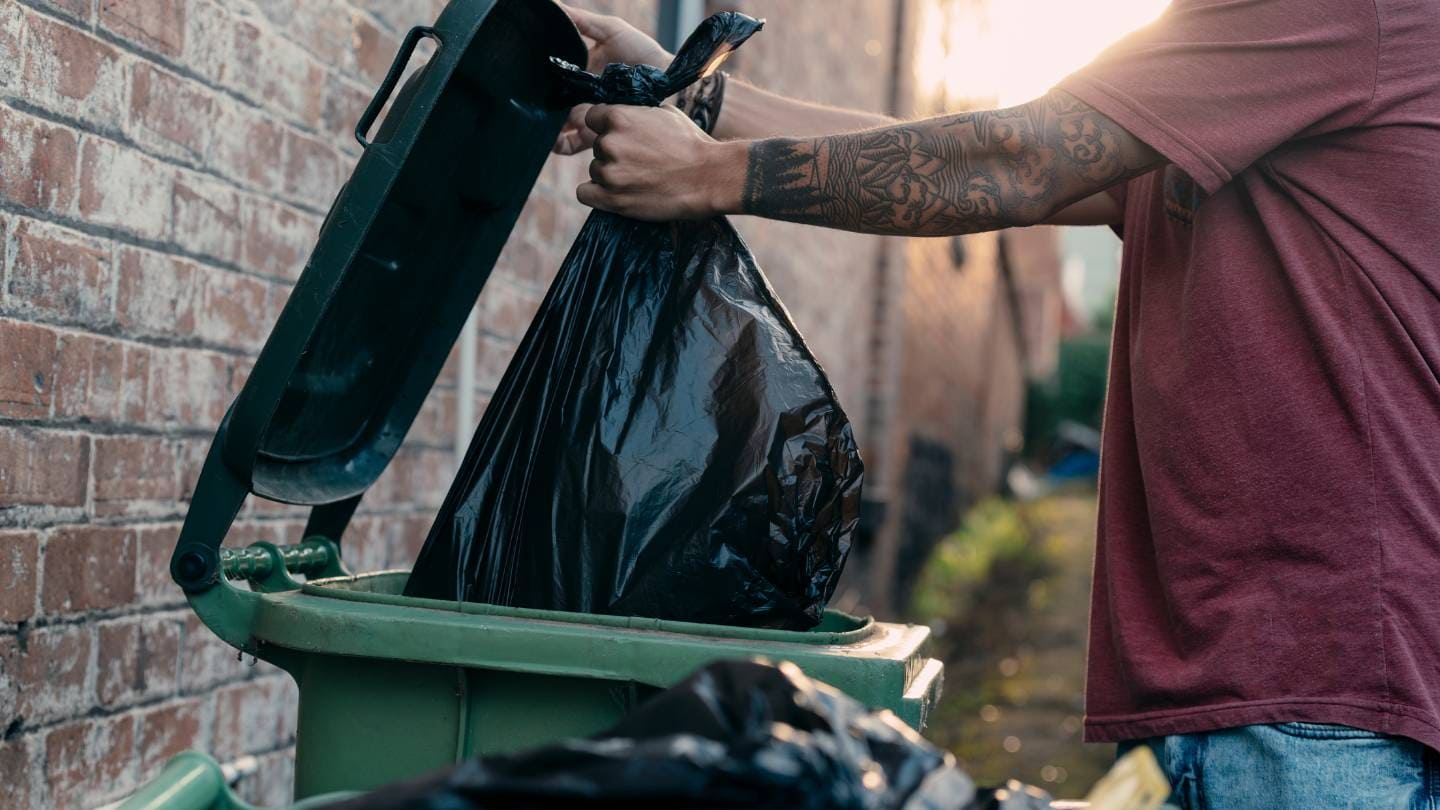
Emphasis on Hazardous Waste Management
Proper disposal of hazardous waste is a critical component of responsible waste management. Professional services strongly emphasise the safe handling, transport, and disposal of hazardous materials. This involves compliance with strict regulations, specialised training for personnel, and advanced technologies to minimise the environmental and health risks associated with hazardous waste.
Professional waste disposal services are pivotal in promoting responsible waste disposal practices. Through comprehensive waste audits, customised management plans, recycling initiatives, advanced technologies, compliance with regulations, education, collaboration, continuous improvement, circular economy principles, and a focus on hazardous waste management, these services contribute significantly to mitigating the environmental impact of waste.
As the global community continues to grapple with the challenges of waste management, the role of professional services in promoting responsible practices remains indispensable. Through their concerted efforts, we can move towards a more sustainable and environmentally conscious future.
Conclusion
In order to promote appropriate trash disposal, professional services are essential for doing thorough assessments and audits of garbage. In order to maximise recycling and minimise environmental effect, these evaluations help identify the types and quantities of trash generated.
By adjusting their disposal plans, they are able to achieve just that. Strategic identification, quantitative assessment, and understanding of waste composition are additional benefits of waste audits that help in developing disposal strategies that prioritise the recovery and recycling of materials with a significant environmental impact.
Investment in cutting-edge technology, new solutions, community engagement programmes, and feedback mechanisms are all part of a comprehensive strategy for continuous improvement. Businesses may establish a greener organisation that embodies their sustainability vision and helps with recycling and appropriate waste disposal by using these tactics.
As part of their routine evaluation of the efficacy of their waste management strategies, these services use performance indicators to track their progress and make adjustments as needed. They find ways to improve by using data-driven analysis, proactive analysis, adaptive tactics, feedback systems, and key performance indicators (KPIs). Waste management strategies adapt to the ever-changing sustainability requirements through an iterative process of evaluation, change, and implementation.
Professional services place an emphasis on the safe handling, transportation, and disposal of hazardous items, which is an essential part of responsible waste management. To reduce the potential dangers that hazardous waste poses to humans and the environment, stringent rules, expert knowledge, and cutting-edge technology are required.
Content Summary
- Businesses benefit from customers preferring socially responsible brands, especially environmentally responsible ones.
- 80% of buyers support businesses with a track record of environmental responsibility.
- Building an environmentally friendly company starts with employee buy-in and adoption of eco-friendly practices.
- Several easily available and inexpensive strategies can reduce a business's environmental impact and carbon footprint.
- Ten sustainable activities can promote an eco-conscious work environment for staff on a daily basis.
- Professional waste disposal services conduct comprehensive waste audits and assessments.
- Waste audits identify types and quantities of waste, guiding tailored disposal strategies.
- Strategic identification involves categorizing solid waste, recyclables, organic waste, and hazardous materials.
- Quantitative assessment provides insights into volumes of different waste categories for precise disposal plans.
- Understanding waste composition helps design strategies prioritizing the recovery and recycling of impactful materials.
- Tailoring disposal strategies maximizes recycling opportunities and minimizes environmental footprint.
- Waste audits enhance operational efficiency by streamlining waste management processes.
- Tailoring disposal strategies based on waste audit findings contributes to cost reduction.
- The goal of waste audits is to minimize the environmental impact of waste disposal.
- Customized waste management plans are developed based on waste audit insights.
- Professional services actively promote recycling practices, setting up stations and educating employees.
- Recycling stations are strategically placed and tailored to each organization's layout for maximum efficiency.
- Employee education includes awareness campaigns and specialized training programs for proper recycling procedures.
- Partnerships with recycling facilities create a closed-loop system for efficient material transportation.
- Monitoring systems track recyclable materials, providing data-driven insights for optimization.
- Regular reporting ensures transparent communication on the positive environmental impact of recycling programs.
- Continuous improvement strategies involve feedback mechanisms and implementation of innovative solutions.
- Community engagement initiatives extend recycling efforts beyond the organization.
- Investment in advanced technologies, compliance with environmental regulations, and education are crucial.
- Circular economy principles are integrated, emphasizing reduction, reuse, and recycling of materials.
- Proper disposal of hazardous waste is a focus, involving compliance, training, and advanced technologies.
- Professional services play a pivotal role in promoting responsible waste disposal for a sustainable future.
Frequently Asked Questions
Professional trash removal services may manage domestic items, building debris, green garbage, electronic waste, and dangerous materials. They can handle many waste types and recycle or dispose of them.
Waste removal prices depend on volume, type, and location. Some firms charge by the amount of trash space in their trucks, while others offer fixed rates or customised quotes based on task requirements.
Professional trash removal services often recycle. To find recyclables, they actively sort at the collecting location. These things are recycled, helping sustainability and lowering waste disposal's environmental impact.
Scheduling trash removal is usually easy. Most services offer online or phone booking for convenient pickup times. Many removal firms attempt to respond quickly, especially for critical situations like relocation or building.
Professional trash hauliers handle dangerous materials legally and securely. Compliance with local legislation is ensured by thorough identification, containment, and disposal methods. Customers can ask about hazardous waste management and environmental and public health protection.
